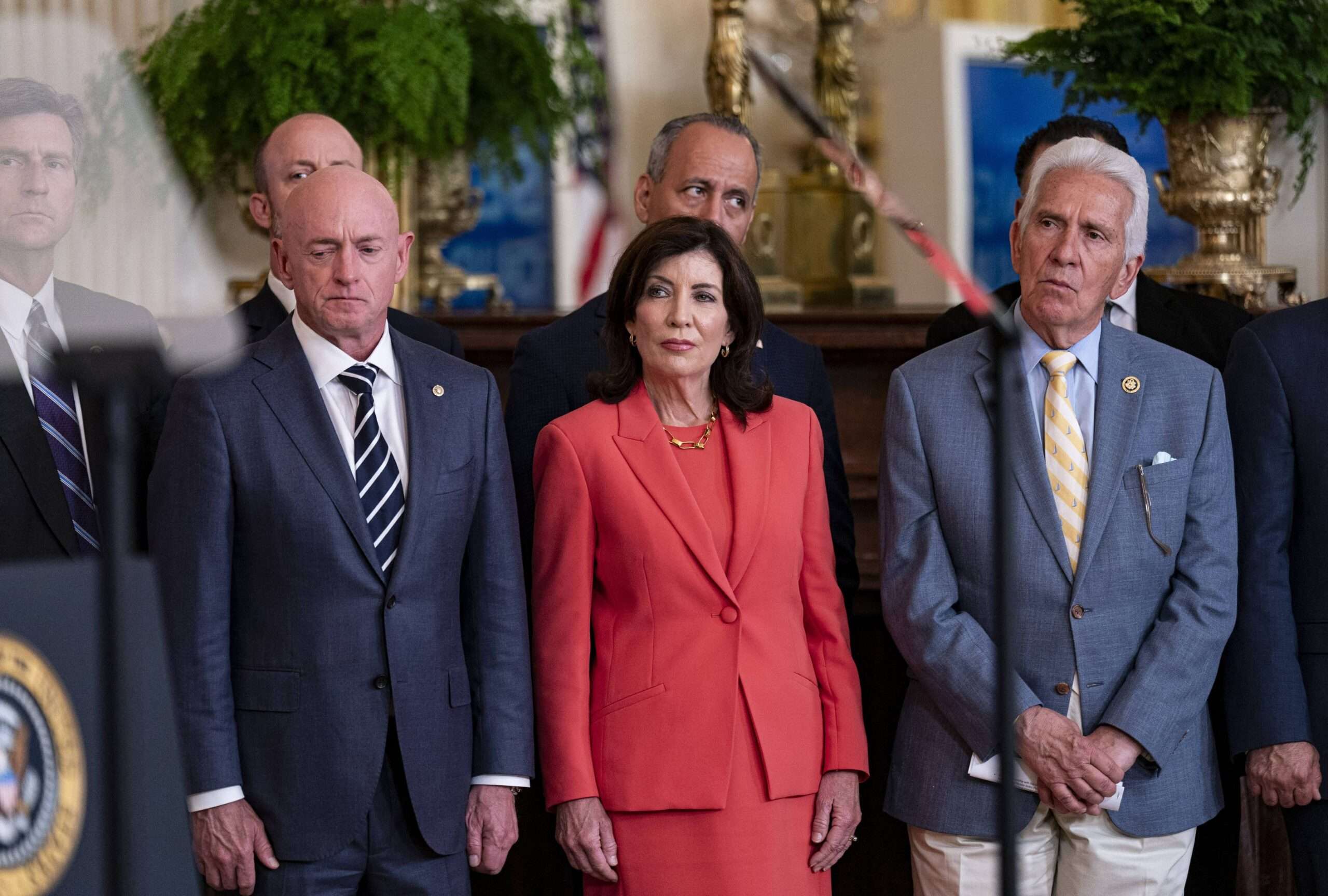Former President Donald J. Trump has stated that he is willing to prosecute his political adversaries if he wins the upcoming election. Legal experts warn that even the mere mention of such threats can undermine the rule of law.
If elected, Mr. Trump would have significant power over the Justice Department as the head of the executive branch. This would allow him to direct investigations and prosecutions against his opponents, as well as remove officials who do not align with his agenda.
While the Justice Department traditionally operates independently, its resistance to politically motivated prosecutions in a second Trump administration would rely on the judgment of judges and jurors.
Mr. Trump’s comments on prosecuting his rivals not only serve a political purpose by rallying his base but also erode trust in the criminal justice system. This raises questions about the type of justice system the country wants to uphold.
Critics argue that Mr. Trump’s claims of political bias in the legal system are unfounded, emphasizing that no individual, regardless of their status, is exempt from the law.
The potential for political prosecutions under a Trump presidency raises concerns about the integrity of the legal system. While the president has the authority to order investigations, there are checks and balances in place to prevent the misuse of power.
Legal experts stress the importance of upholding norms against political prosecutions to maintain the rule of law. The prospect of a president using law enforcement for personal vendettas is seen as a grave abuse of power.
As the legal landscape evolves, the possibility of a president weaponizing the justice system for political gain raises significant ethical and constitutional concerns.
While some argue that addressing past injustices is necessary for accountability, the impartiality and fairness of such investigations must be ensured to prevent abuses of power.
The discussion around potential prosecutions under a Trump administration highlights the delicate balance between justice and political motivations. Upholding the rule of law requires a commitment to fairness and impartiality in legal proceedings.
Ultimately, the integrity of the justice system hinges on the adherence to legal norms and principles, regardless of political pressures or agendas.
As the debate continues, it remains essential to safeguard the independence of the legal system and ensure that justice is administered fairly and without prejudice.
The potential ramifications of using law enforcement for political retribution underscore the need for a robust and impartial justice system. Upholding the rule of law requires a commitment to justice that transcends political interests.
As the legal landscape evolves, it is crucial to uphold the principles of fairness and integrity in legal proceedings to prevent the abuse of power for political gain.
The discussion around political prosecutions serves as a reminder of the importance of maintaining the independence and integrity of the justice system in a democratic society.
In navigating the complexities of justice and politics, it is imperative to prioritize the rule of law and ensure that legal processes are conducted with transparency and accountability.
As the debate over potential prosecutions unfolds, it is essential to uphold the principles of justice and fairness to preserve the integrity of the legal system and safeguard democracy.
Ultimately, the strength of a democracy lies in its commitment to upholding the rule of law and ensuring that justice is administered without fear or favor.





